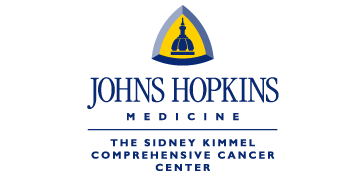- Advertise
- About OncLive
- Editorial Board
- MJH Life Sciences brands
- Contact Us
- Privacy
- Terms & Conditions
- Do Not Sell My Information
2 Clarke Drive
Suite 100
Cranbury, NJ 08512
© 2025 MJH Life Sciences™ and OncLive - Clinical Oncology News, Cancer Expert Insights. All rights reserved.
Dr. Levy Discusses the Outlook for Oncogene-Driven NSCLC
Benjamin P. Levy, MD, assistant professor of oncology, clinical director of Medical Oncology, Sidney Kimmel Cancer Center and Johns Hopkins Medicine, discusses the outlook for patients with oncogene-driven non–small cell lung cancer.
Benjamin P. Levy, MD, assistant professor of oncology, clinical director of Medical Oncology, Sidney Kimmel Cancer Center and Johns Hopkins Medicine, discusses the outlook for patients with oncogene-driven non—small cell lung cancer (NSCLC).
The prognosis for a patient with oncogene-driven NSCLC is very different from a patient without a genetic alteration. Typically, patients with no evidence of a genetic alteration are treated with standard chemotherapy or chemoimmunotherapy, Levy says. Researchers are hopeful that patients with NSCLC treated with targeted therapies can eventually be managed as having a chronic disease. Targeted therapies like osimertinib (Tagrisso) for EGFR-positive patients and alectinib (Alecensa) for ALK-mutated patients have pushed median overall survivals beyond what physicians thought possible, Levy adds.
As such, it is important to test for these genetic alterations with liquid or tissue biopsies. There is a growing list of targeted therapies for patients with NSCLC, but a physician will not know to give one unless they find the target.


